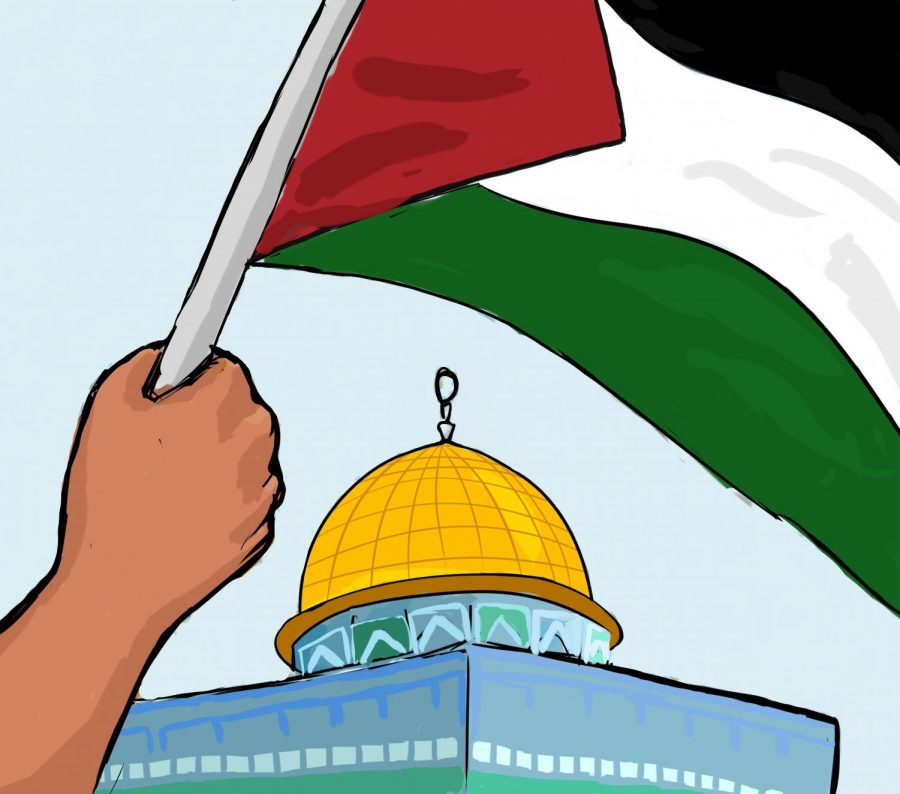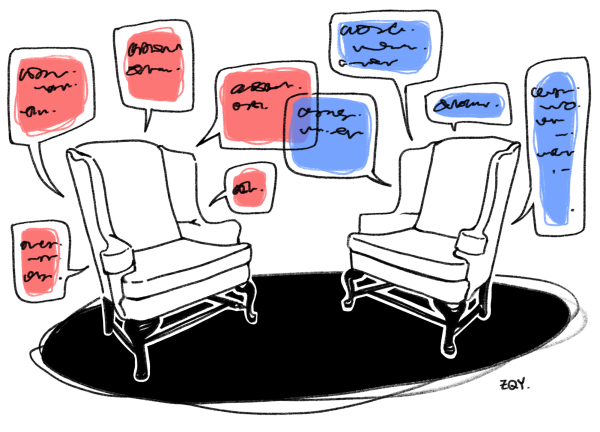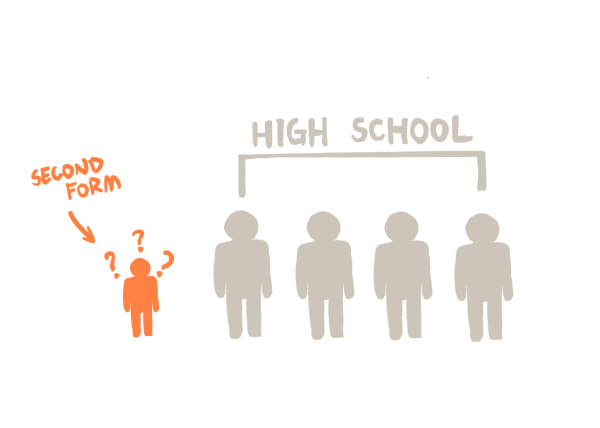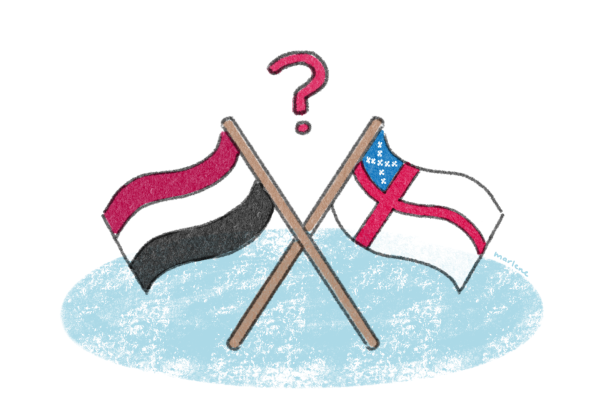The Israel-Palestine Conflict is Not as Simple as you Think
By now, it’s inevitable that you’ve stumbled across one of the countless pro-Palestine infographics flooding your Instagram feed, the kind packaged with those aesthetically pleasing blurbs of misinformation and adorned with blind anti-Semitic sentiment. These infographics serve as a troubling representation of the state of the world at large: one that breeds ethnic ill-will and encourages the dissemination of misinformed anti-Israeli attitudes. In order to avoid the issues such ideologies could foster within the Groton community (like religious animosity and anti-Semitism), we must let go of the idea that only one side may be right, and seek to implement a more cooperative strategy promoting peace and collaboration.
When it comes to the Israel-Palestine conflict, there is no clear right or wrong side. Declaring one country to be the lesser of the two evils or the most deserving of land wastes time and only fuels further hostility. For instance, an important pillar of the pro-Palestine movement is the idea that Israel’s entire existence is a form of colonialism and that its corrupt “Apartheid regime” has taken land that rightfully belongs to Palestinians. They believe that Israel has been wrong from the start for evicting Palestinians from neighborhoods in previously established Israeli territories (like the most recent case of Palestinian evictions from Sheikh Jarrah), and that Palestine deserves greater control of the land. However, while this notion has been circulating through popular media to garner support for the Palestinian cause, it is not all true.
West Bank and Gaza aside (two already established Palestinian territories), if you examine the history of land ownership in modern-day Israel and Palestine, you will realize that trying to determine who came first is both futile and unproductive. Whereas Palestinians have occupied the land they are now being evicted from intermittently for several millennia, a Jewish nation existed in Canaan nearly 4,000 years ago, before any Palestinian occupation. After being expelled from the land and confronted with discrimination for centuries (the most atrocious example being the Holocaust), Jews returned to what became Palestine to reclaim their God-given land and place of origin, despite the presence of new occupants.
However, none of this is to say that only Jews deserve a right to the land. It is simply to demonstrate that there is no clear indication of ownership here. Supporting solely Israel on the issue of land ownership implies that Palestinians should just leave behind their homes, and supporting solely Palestine inexorably denies an oppressed people their right to return home.
Moreover, siding with either Palestine or Israel when it comes to land ownership by fixating on historical semantics is detrimental to relations among people of all creeds. Due in part to the proliferation of misinformed anti-Israeli media, since the onset of this crisis, there has been a marked rise in global tensions, an increased risk of war, and a spike in anti-Semitic hate crimes.
The more recent conflicts are similarly nuanced. The Israeli government, a stronger power than the Palestinians’, has used disproportionate force towards Palestinians, launching countless airstrikes, killing many, displacing 60,000, and denying them refuge, employment, and the most basic requirements for living.
Though the years of persecution Palestinians have faced under Israel’s authority have been beyond atrocious and inexcusable, we cannot turn a blind eye to the danger Israeli citizens have been put in as a result of Hamas’ violence towards Israel, as well as the absolute necessity for the security of Israel as a Jewish nation. As a result, Israel is currently acting with the same interest in mind as Palestinians: cultural preservation and self-determination.
Though Israeli police forces fired rubber bullets at worshippers protesting the Sheikh Jarrah evictions — an inhumane and, to an extent, unnecessary act — Hamas reacted with gratuitous force, launching airstrikes in Jerusalem for the first time in 7 years. After such a violent act, the actions of Israel could only have been considered self-defense, having been threatened by a terrorist organization notorious for acting without reservation, compromise, and civility.
Because it is difficult to determine the semantics of both land ownership and what constitutes self-defense (on either end), the issue is far too nuanced to be reduced to a partisan debate of pro-Palestine or pro-Israel. Instead of bickering over who deserves to emerge victorious from this conflict, Israel should recognize the dire needs of oppressed Palestinians by providing humanitarian aid and withdrawing troops from Palestinian-designated territories, and Palestine should cooperate with Israel in establishing some form of a two-state solution. While this is easier said than done, the first step will be to accept that nobody will win unless both parties prioritize diplomacy.
Israel isn’t completely in the right, but neither is Palestine. Ultimately, no peace will emerge from this crisis if the violence and finger-pointing continues. Supporting movements that only allow for the possibility of one winner is dangerous and will never result in compromise. Rather, it is recognizing the needs of all those who suffer and employing a more cooperative solution that will allow both parties to put an end to conflict.
Editor-in-Chief











Joshua Gulyansky • Oct 5, 2021 at 9:11 PM
Hi
Rowen Hildreth • Apr 9, 2022 at 6:37 PM
Hi